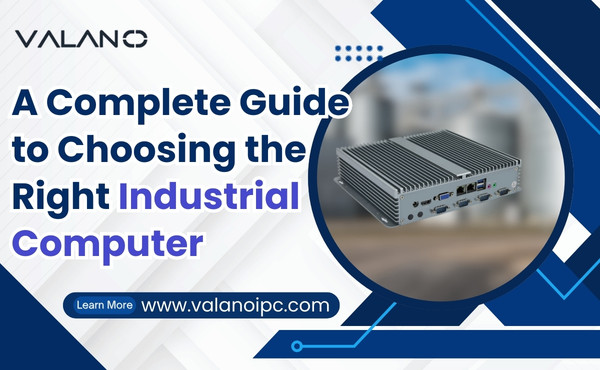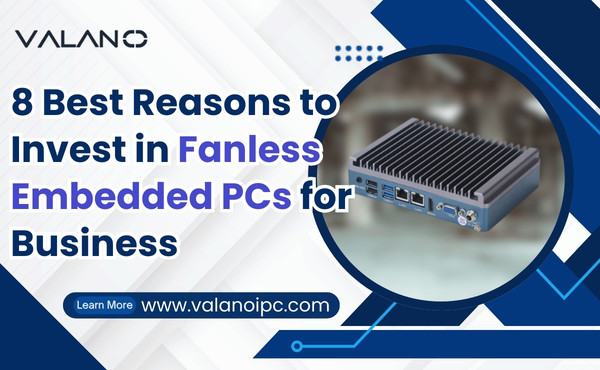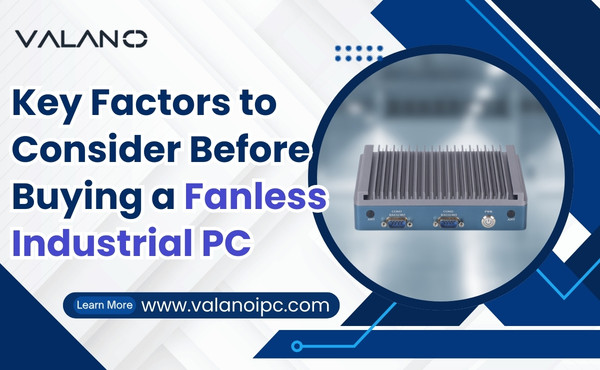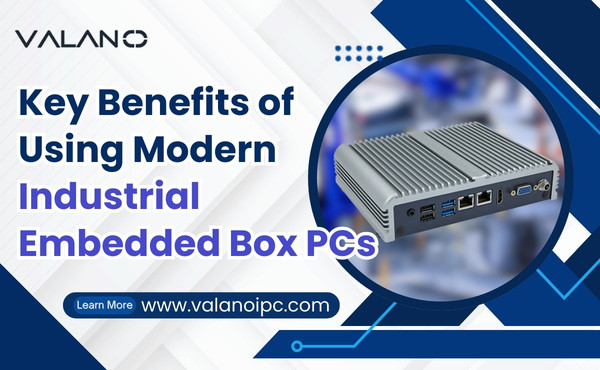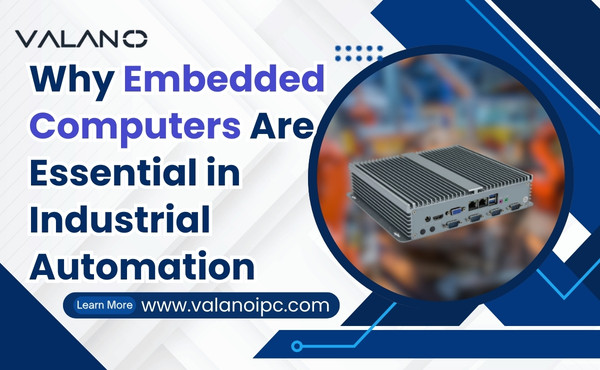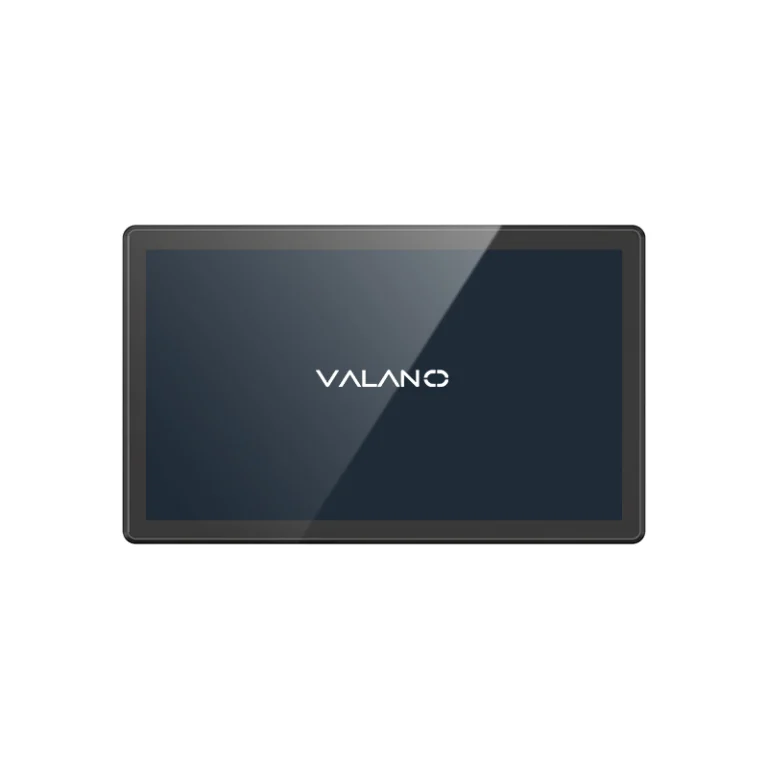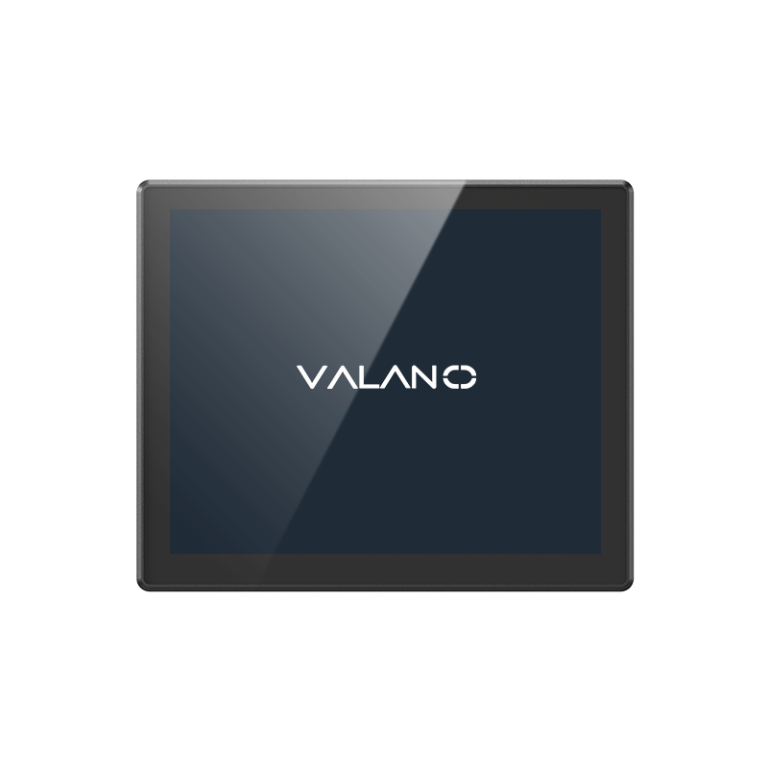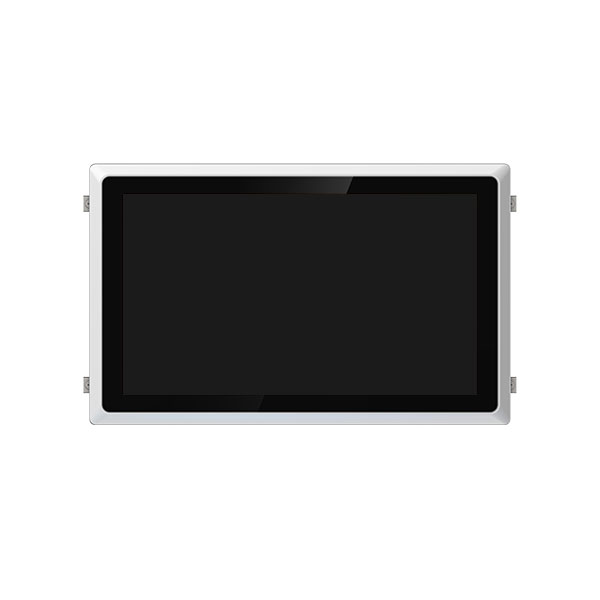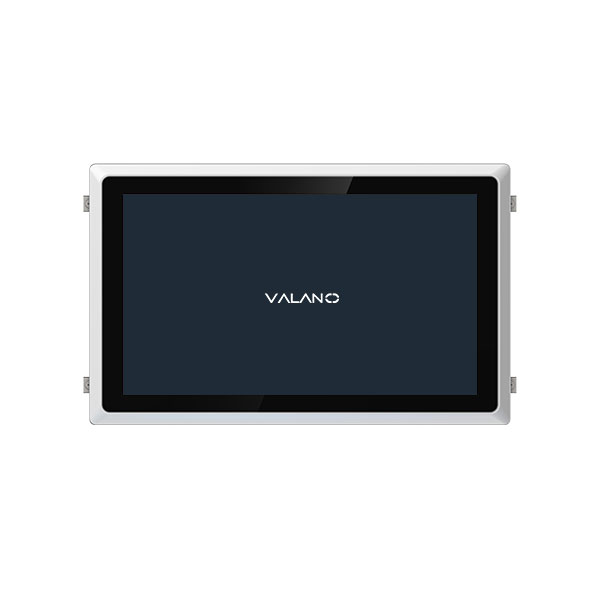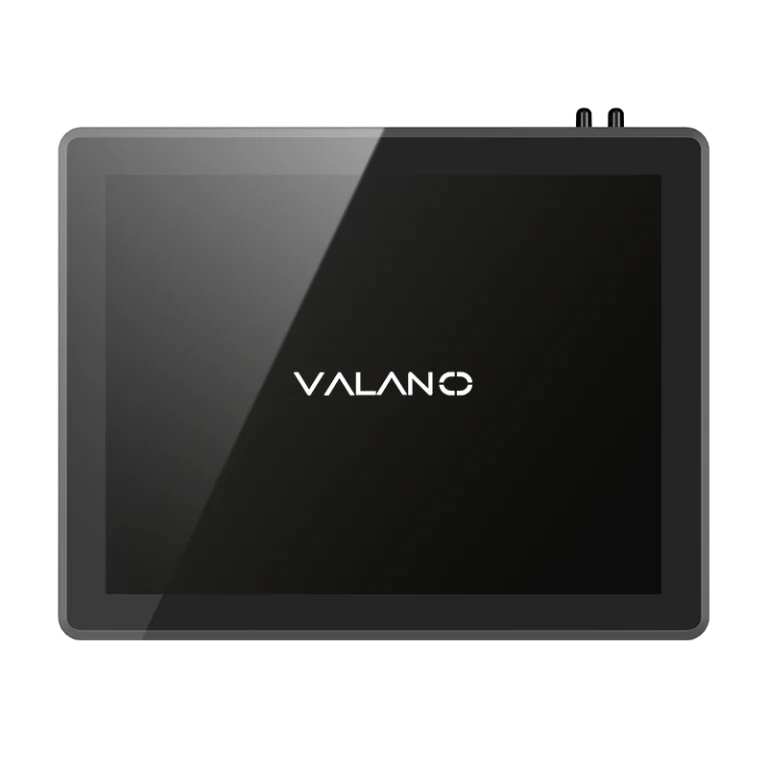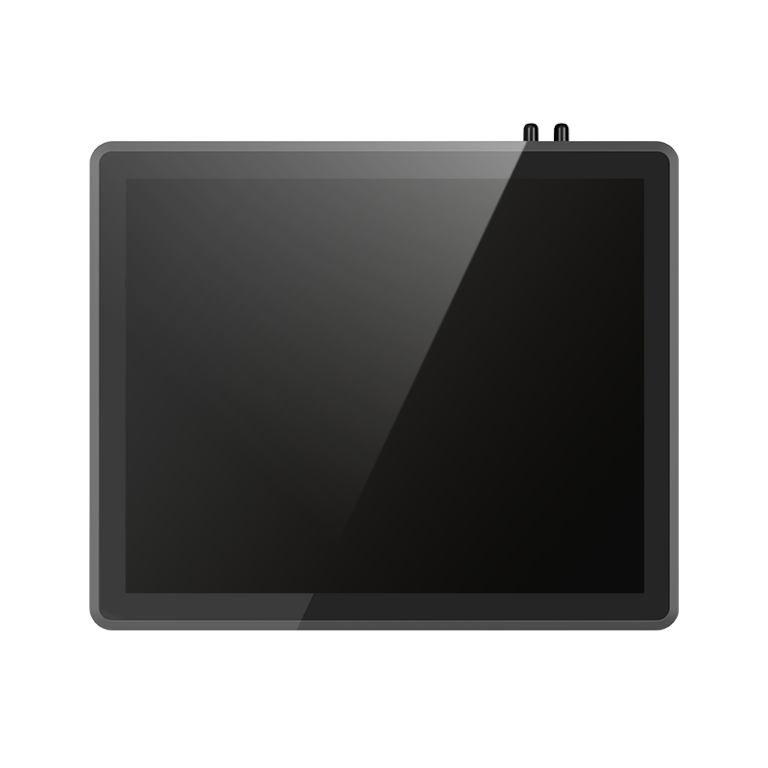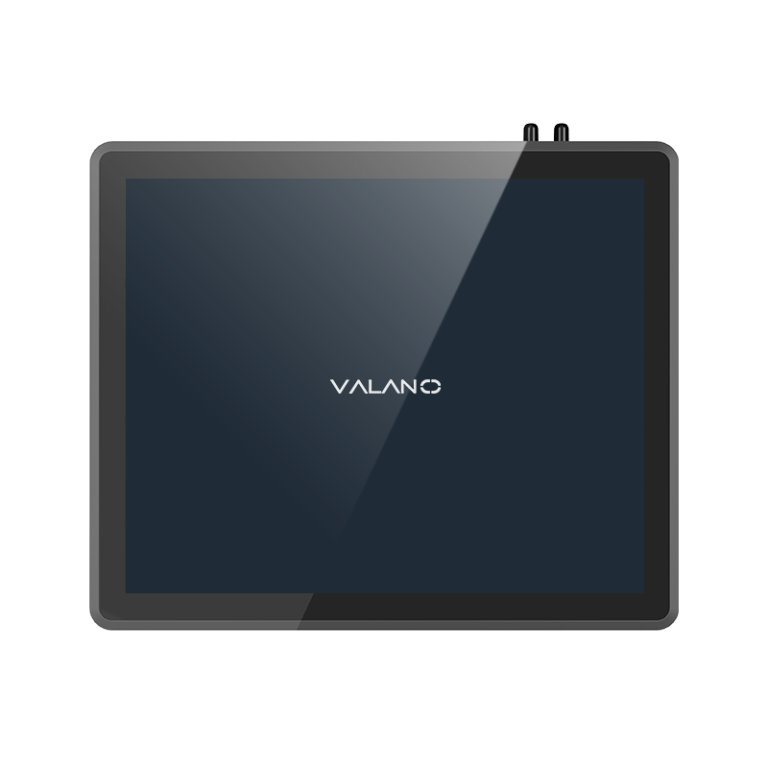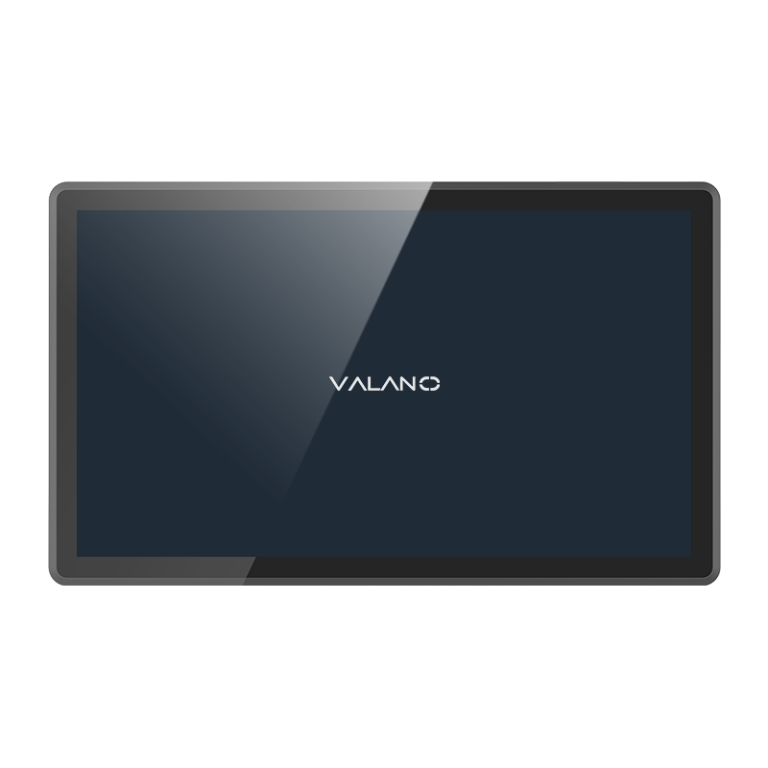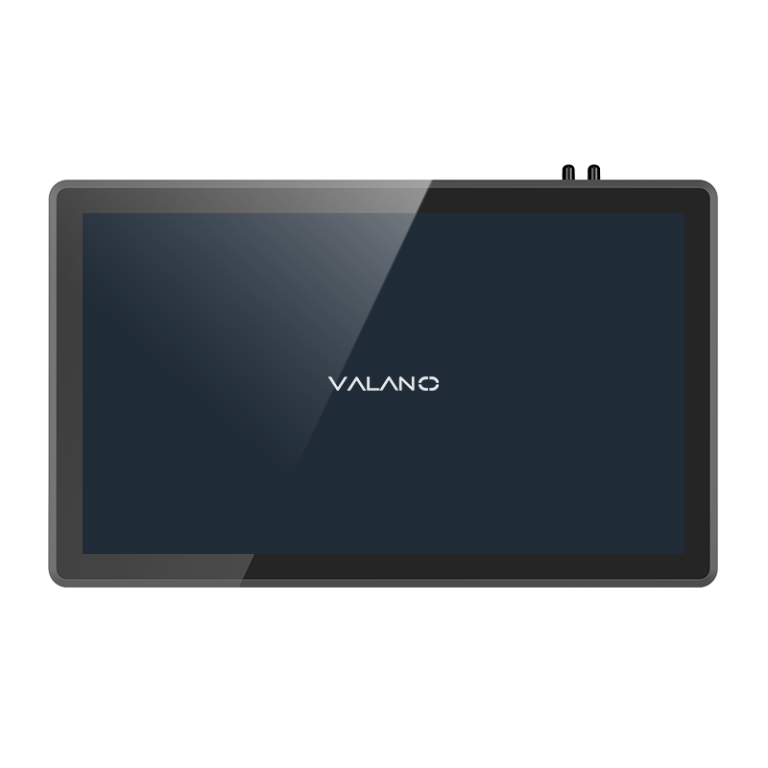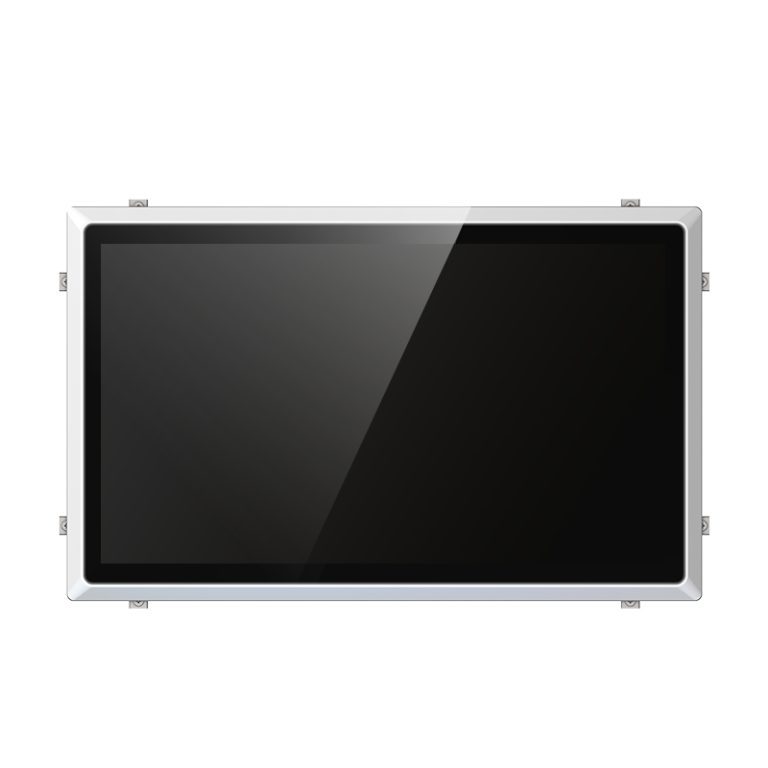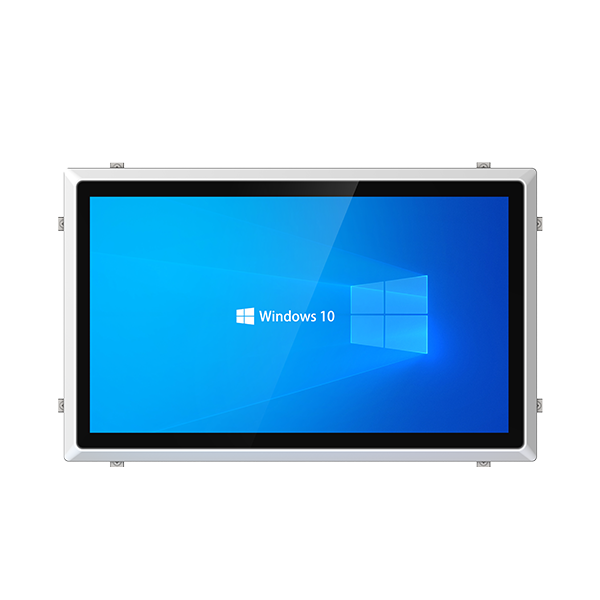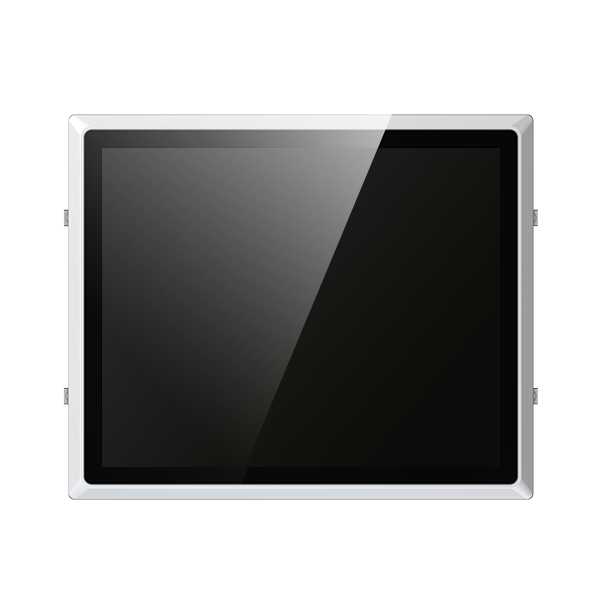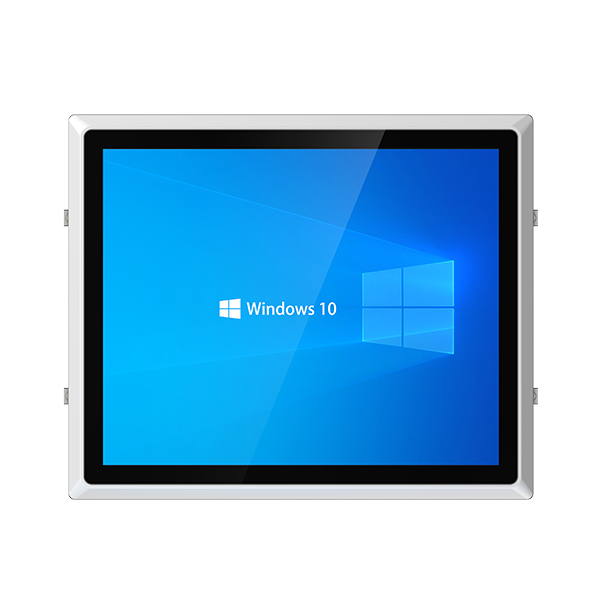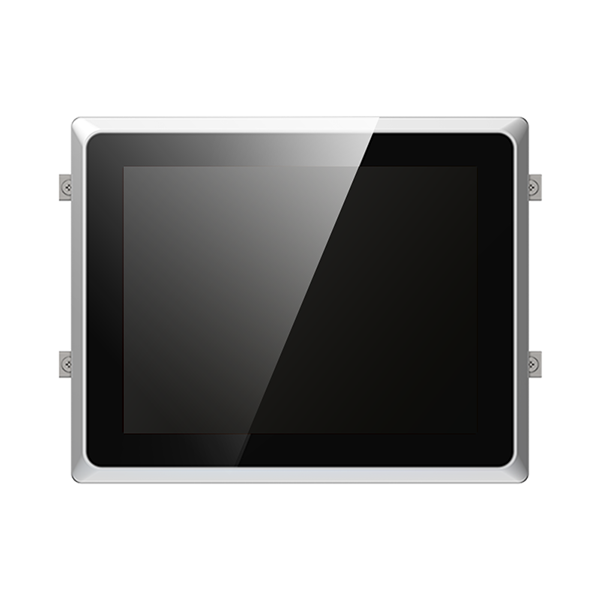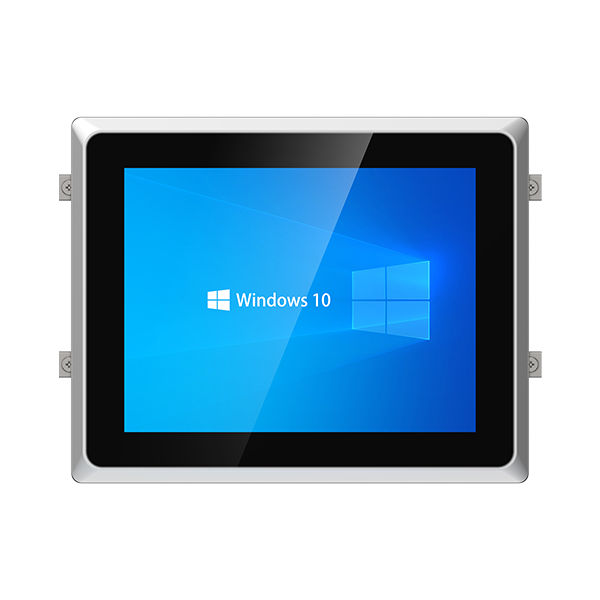Modern manufacturing demands speed, precision, and uninterrupted performance. Yet, many factory environments challenge standard computers with extreme heat, vibration, and dust. This is where industrial PCs (IPCs) become essential.
In this article, you’ll learn how IPCs improve durability, reduce downtime, and enable smart automation. We’ll cover their role in real-time control, IIoT integration, and data management—showing why they’re a key part of efficient, safe, and future-ready manufacturing systems.
Durability and Reliability
Industrial PC in Harsh Environments
Industrial pcs play a vital role in factories that face tough conditions. These devices handle extreme temperatures, dust, liquids, and strong vibrations. Engineers design industrial pcs with rugged cases, sealed connectors, and fanless cooling systems to protect sensitive parts.
Many factories trust industrial pcs to keep running where standard computers would fail.
A typical ipc can operate in places with high humidity or constant movement. This level of durability helps protect both equipment and workers. Safety becomes easier to maintain when computers do not break down in harsh environments.
Continuous Operation
Manufacturers rely on industrial pcs for nonstop production. These computers support safety-critical operations by running 24/7 without overheating or crashing. High reliability means fewer unexpected stops and less time spent on repairs.
A well-built ipc can last for years with minimal maintenance. This reduces unplanned downtime and increases equipment uptime. Industrial computers also help companies save money by lowering repair costs and boosting productivity.
- Key benefits of using industrial pcs for continuous operation:
- Improved reliability and durability
- Better safety for workers and machines
- Longer equipment life
Performance and Efficiency
IPC for Automation
Industrial pcs deliver enhanced performance for demanding manufacturing processes. Many factories use ipc systems to power automation. These computers handle tasks like robotic control, conveyor management, and quality inspection. Automation solutions depend on reliable performance to keep production lines moving.
Factories often choose industrial pcs for their ability to run complex automation software and connect with sensors.
Ipc units support scada systems that monitor and control equipment. This connection allows operators to track every step of the process. Improved efficiency results when machines and computers work together. Automation also helps reduce errors and increase manufacturing efficiency.
Key roles of ipc in automation:
-
- Running advanced robotics
- Managing assembly lines
- Supporting predictive maintenance
Real-Time Control
Ipc devices provide enhanced performance for real-time control in manufacturing processes. These computers process data quickly and respond to changes on the factory floor. Operators rely on industrial pcs to make fast decisions and adjust machines as needed.
Scada platforms use ipc hardware to collect and analyze data from sensors. This setup gives workers instant feedback and helps prevent problems before they grow. Enhanced performance in real-time control leads to improved efficiency and less downtime.
Real-time monitoring with ipc systems supports better safety and product quality.
Industrial pcs also help with predictive maintenance by tracking machine health. This approach reduces unexpected failures and keeps production running smoothly. Many factories trust ipc for their reliable performance and ability to handle tough jobs.
- Benefits of real-time control with ipc:
- Faster response to equipment issues
- Better data for decision-making
- More consistent product quality
Integration with IIoT
Industrial computers play a key role in connecting machines and devices. They support smooth communication between sensors, robots, and control systems. This ability helps factories collect and share data in real time.
Industrial pcs work well with IIoT platforms and smart devices. These computers can also use AI tools to improve decision-making. Communication between equipment becomes faster and more reliable.
Integration with IIoT leads to better monitoring and control.
Industrial computers help companies track performance and spot problems early. They make it easier to connect with modern technologies. This flexibility prepares factories for future changes in manufacturing.
Downtime Reduction
Robust IPC Design
A strong ipc design helps factories avoid unexpected downtime. Engineers build these computers with tough materials and secure enclosures. This design protects the system from dust, moisture, and vibration.
Many factories choose ipc systems because they last longer than standard computers. The robust build means fewer failures during production. As a result, companies see reduced downtime and better workflow.
A reliable ipc design also supports safety by keeping machines running smoothly.
Long-term parts supply is another benefit. Factories can replace components quickly when needed. This approach keeps the production line moving and prevents long waits for repairs.
Easy Maintenance
Easy maintenance plays a big role in reducing downtime. Industrial computers often use modular parts. Workers can swap out faulty pieces without stopping the whole system.
Clear labeling and simple layouts help technicians find problems fast. This setup means less time spent on repairs and more time for production. Reduced downtime leads to lower costs and higher output.
A well-designed ipc allows for quick updates and upgrades. Factories can keep their systems current without major overhauls. This flexibility supports lifecycle management and helps companies plan for the future.
- Key benefits of robust ipc design and easy maintenance:
- Less downtime and fewer disruptions
- Lower total cost of ownership
- Improved equipment lifecycle
Factories that invest in quality ipc systems enjoy smoother operations and greater reliability.
Data Management and Monitoring
Advanced Data Collection
Industrial PCs help factories collect and manage large amounts of data. These computers connect to sensors and machines across the factory floor. Many factories use scada to gather information from every part of their manufacturing processes. Scada systems track temperature, pressure, and machine status. Operators can see this data in real time and make quick decisions.
Accurate data collection helps factories spot problems early and avoid costly mistakes.
Industrial PCs support scada by storing and processing information safely. They can run a scada program that checks equipment health and alerts workers to issues. This setup improves safety and keeps machines running longer. Reliable data collection also helps companies meet quality standards.
Smart Manufacturing
Factories use industrial PCs to support smart manufacturing. These computers enable real-time monitoring of all manufacturing processes. Scada gives operators a clear view of production lines and equipment. Workers can use scada to adjust settings and fix problems before they stop production.
Industrial PCs analyze data from scada and suggest ways to improve efficiency. They help managers make better choices by showing trends and patterns. Smart manufacturing depends on fast, accurate information from scada systems.
- Key benefits of using industrial PCs for data management:
- Faster problem detection
- Better decision-making
- Improved product quality
Industrial PCs play a central role in Industry 4.0. They connect machines, people, and data for a smarter factory. Scada systems help companies stay competitive in a changing market.
Conclusion
Industrial PCs deliver the durability, reliability, and performance that modern manufacturing depends on. From powering automation and SCADA systems to supporting predictive maintenance and smart data collection, IPCs reduce downtime and improve operational efficiency. Their customization options and IIoT compatibility make them a smart long-term investment.
Ready to upgrade your production line? Explore industrial PC solutions designed for tough environments and continuous operation to future-proof your factory.





